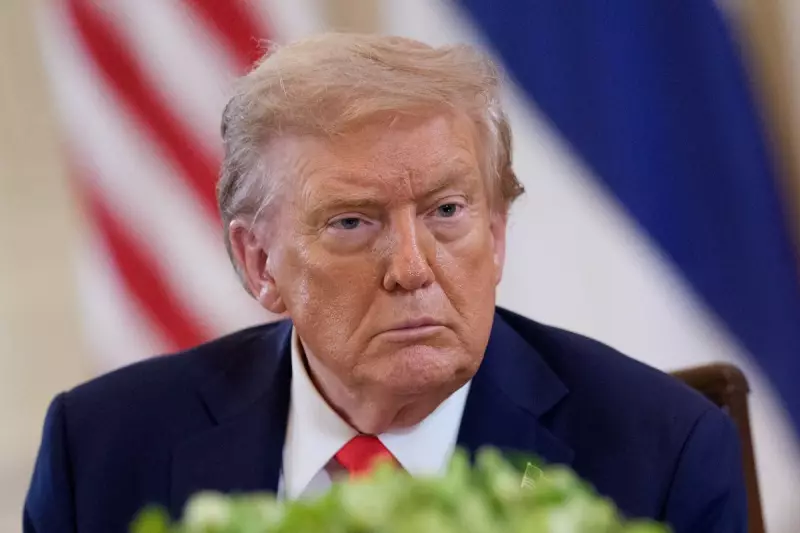
In a move that has ignited fierce debate across political and cultural circles, former President Donald Trump has reportedly proposed a startling deal: renaming Washington's revered Kennedy Center for the Performing Arts in exchange for hosting rights to the 2026 FIFA World Cup.
The proposition, which would see one of America's most iconic cultural institutions rebranded, has been met with widespread condemnation from both sides of the political aisle. The Kennedy Center, named after President John F. Kennedy, has stood as a monument to American arts and culture since 1971.
A Clash of Sports and Legacy
Sources close to the matter suggest Trump's team floated the idea during preliminary discussions about the upcoming World Cup, set to be hosted jointly by the United States, Canada, and Mexico. The potential deal would represent an unprecedented merging of sporting ambition and cultural legacy.
Critics have been quick to condemn the proposal as profoundly disrespectful to both the Kennedy family's legacy and the nation's cultural heritage. Many see it as an attempt to commercialise one of Washington's most cherished institutions for political and sporting gain.
Bipartisan Backlash Emerges
The reaction from political figures has been notably unified in its disapproval. Representatives from both Democratic and Republican parties have expressed concern about the precedent such a move would set, questioning the ethics of trading cultural landmarks for sporting events.
Cultural commentators have joined the chorus of disapproval, arguing that the Kennedy Center's name carries historical significance that transcends any temporary sporting event. The institution has served as America's national cultural centre for over half a century, hosting everything from ballet and opera to contemporary performances.
FIFA's Position Remains Unclear
While Trump's team appears to be pushing the proposal, FIFA's stance on the matter remains ambiguous. The international football governing body has yet to comment publicly on whether stadium naming rights or cultural institution rebranding could form part of World Cup negotiations.
The 2026 tournament is already set to be the largest World Cup in history, featuring 48 teams playing across 16 host cities. The potential addition of a cultural institution's renaming to the hosting agreement adds an unexpected dimension to the preparations.
As the controversy continues to develop, many are watching to see whether the proposal gains traction or is dismissed as an impractical and disrespectful notion. The outcome may set important precedents for how nations balance sporting ambitions with cultural preservation.





